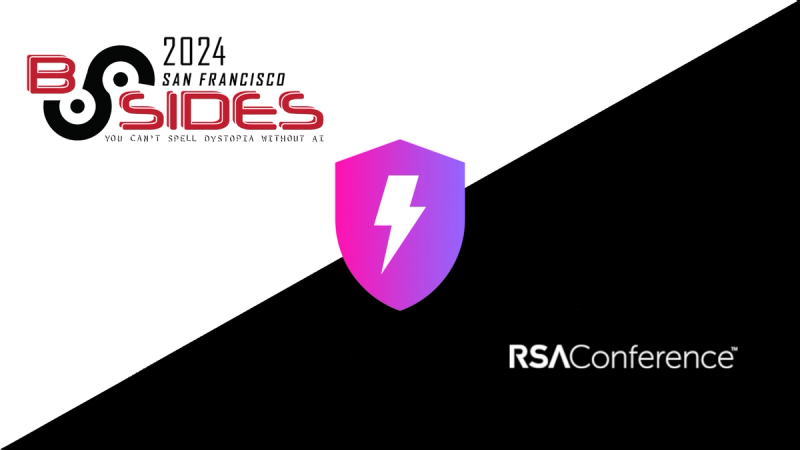1. Introduction
└── lib
├── logger.js
├── token.js
├── utilities
│ ├── api-error.js
│ ├── args.js
│ ├── compose-result.js
│ ├── doNothing.js
│ ├── http-constant.js
│ ├── ifElse.js
│ ├── logger.js
│ ├── respond.js
│ ├── transform-to-result.js
│ ├── uuid.js
│ ├── whenResult.js
│ └── with-args.js
└── validations
├── check-given-values.js
├── has-length-of.js
├── is-boolean.js
├── is-email.js
├── is-mobile-number.js
├── is-string-numeric.js
├── is-timestamp.js
├── is-undefined.js
├── max-value.js
├── min-value.js
├── not-empty.js
├── numeric.js
├── should-be-uuid.js
├── validate-given-pattern.js
└── validate.js
3. Installation
npm install @mvp-rockets/namma-lib
4. How to imports.
- All the function from @mvp-rockets/namma-lib
const {
utilities:{
logInfo,
logError,
....
....
all the utilities function here
},
validations:{
isBoolean,
hasLengthOf,
....
....
all the validations function here
},
HTTP_CONSTANT,
token
} = require('@mvp-rockets/namma-lib')
const {
logInfo,
logError,
....
....
all the utilities function here
} = require('@mvp-rockets/namma-lib/utilities')
const {
logInfo,
logError,
....
....
all the utilities function here
} = require('@mvp-rockets/namma-lib/validations')
const {
token
} = require('@mvp-rockets/namma-lib')
5. How to use token
<!-- initialize token in your index.js -->
const {
token
} = require('@mvp-rockets/namma-lib');
token.initialize("Your Jwt secret key");
<!-- Generate Token -->
const tokenResult = await token.generate("Your object")
console.log(tokenResult); // Result.Ok("Your generated token")
<!-- decode token -->
const decodedTokenResult = await token.decode("Your token")
console.log(decodedTokenResult); // Result.Ok("Your decoded object")
if case of invalid or expired token
console.log(decodedTokenResult); // Result.Error("Invalid token")
6. How to use logger.
Now logger comes with two libraries internally ie, winston and pino.
By default it uses winston.
<!-- initialize logger in your index.js -->
const { Logger } = require('@mvp-rockets/namma-lib');
Logger.initialize({
isEnable: true, // for dev,qa use false
type: 'aws',
environment: "<env name>",
clsNameSpace: <"cls name for trace Id">,
configurations: {
region: <"aws region">,
accessKeyId: <"aws access Key Id">,
secretKey: <"aws secret Key">,
logGroupName: <"log group name">,
logStreamName: <"log stream name">
}
});
<!-- add below code for unique traceId for each request -->
const { logInfo } = require('@mvp-rockets/namma-lib/utilitiesut');
app.use((req, res, next) => {
const namespace = cls.getNamespace("<cls name for trace Id>");
const platform = req.headers['x-platform'] || 'unknown-platform';
namespace.run(() => {
namespace.set('traceId', uuid.v4());
logInfo(`${req.method} ${req.originalUrl}`, { ...req.body, platform });
next();
});
});
To use pino, you need to pass following properties
loggerType: "pino"
loggerOptions: "cloudwatch"
Using pino logger you can send logs to more than one destination. for now Options are file, cloudwatch, terminal and loki.
To use more than one destination you can specify in loggerOptions by comma separated values.
for example:
loggerOptions: "cloudwatch, file, loki"
Usage example for pino logger:
Logger.initialize({
environment: "<env name>",
clsNameSpace: <"cls name for trace Id">,
configurations: {
region: <"aws region">,
accessKeyId: <"aws access Key Id">,
secretKey: <"aws secret Key">,
logGroupName: <"log group name">,
logStreamName: <"log stream name">,
interval: <"interval integer value">
},
loggerType: "pino"
loggerOptions: "cloudwatch"
});
NOTE:
Before switching to pino logger, make sure if you have alerts based on level: error. you need to make some change because for now using this library. level will be integer(info as 30, error as 50) and there will be another property label where value will be error, info, debug.
3. Video walkthrough Tutorials
Youtube Tutorials




